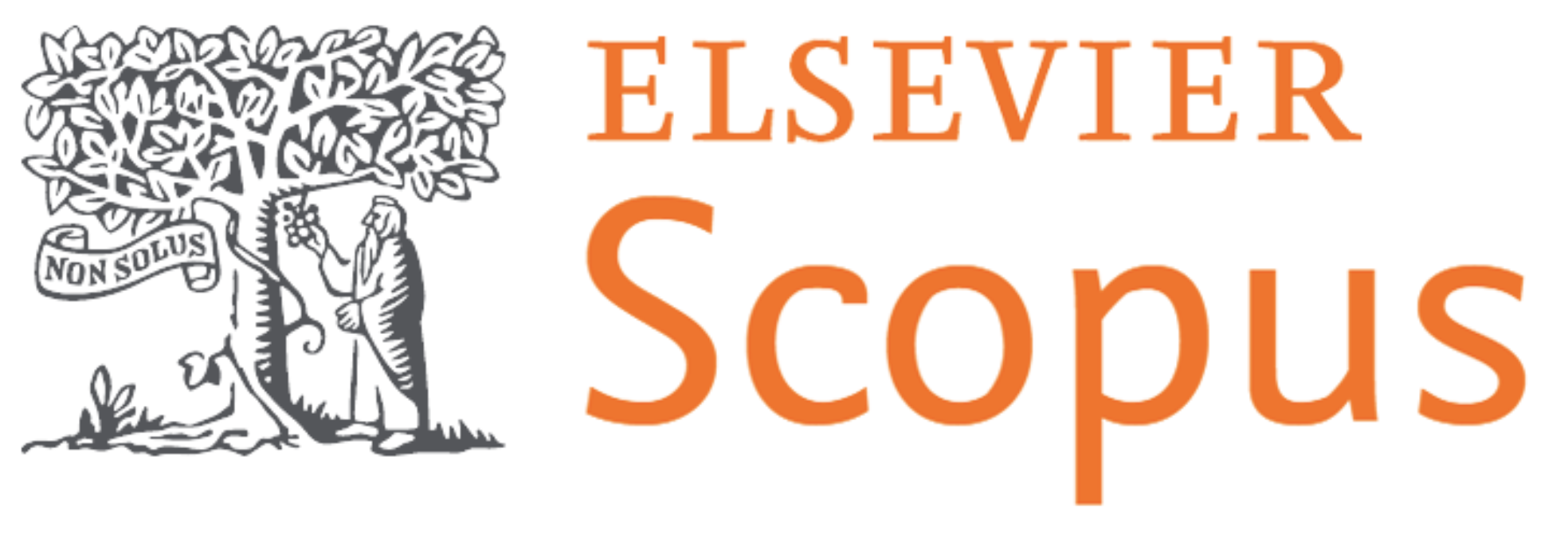SOCIAL AND DEMOGRAPHIC STATUS OF FAMILIAL FARMERS: THE CONTRIBUTION OF FAIRS TO SUPPORT THE SYSTEM
DOI:
https://doi.org/10.17765/2176-9168.2017v10n3p653-671Keywords:
Family farming, Socio-demography, Fairs, Strategy.Abstract
During the last decades, family agriculture turned out to have a strategic importance in sustainable development. In 1990s Brazil, this social class has been acknowledged and institutional programs have been developed in its favor. In 1998, the municipal authorities of Chapecó SC Brazil, together with farmers and consumers, established agricultural fairs to mitigate rural exodus. The farmers have an opportunity to commercialize their products directly. Current qualitative and descriptive research analyzes the social and demographic features of the fair marketer and identifies the contributions of fairs in Chapecó to strengthen and improve family agriculture. Data were collected by a semi-structured interview with 12 families of fair marketers and non-participating stances in fairs. Data interpretation occurred through narrative analysis and revealed that all farms were small, with an aging working force and diminishing participating people. Agricultural fairs are actually an alternative to diversify profit and production, access to markets and permanence on the farms.Downloads
Published
2017-09-04
How to Cite
Pavan, D., & Santos Junior, S. (2017). SOCIAL AND DEMOGRAPHIC STATUS OF FAMILIAL FARMERS: THE CONTRIBUTION OF FAIRS TO SUPPORT THE SYSTEM. Revista Em Agronegócio E Meio Ambiente, 10(3), 653–671. https://doi.org/10.17765/2176-9168.2017v10n3p653-671
Issue
Section
Agrobusiness
License
A Revista se reserva o direito de efetuar, nos originais, alterações de ordem normativa, ortográfica e gramatical, com o intuito de manter o padrão culto da língua, respeitando, porém, o estilo dos autores. As opiniões emitidas pelos autores são de sua exclusiva responsabilidade.Os direitos autorais pertencem exclusivamente aos autores. Os direitos de licenciamento utilizado pelo periódico é a licença Creative Commons Attribution
 Creative Commons Atribuição 4.0 Internacional. São permitidos o compartilhamento (cópia e distribuição do material em qualquer meio ou formato) e adaptação (remixar, transformar, e criar a partir do trabalho, mesmo para fins comerciais), desde que lhe atribuam o devido crédito pela criação original.
Creative Commons Atribuição 4.0 Internacional. São permitidos o compartilhamento (cópia e distribuição do material em qualquer meio ou formato) e adaptação (remixar, transformar, e criar a partir do trabalho, mesmo para fins comerciais), desde que lhe atribuam o devido crédito pela criação original.










